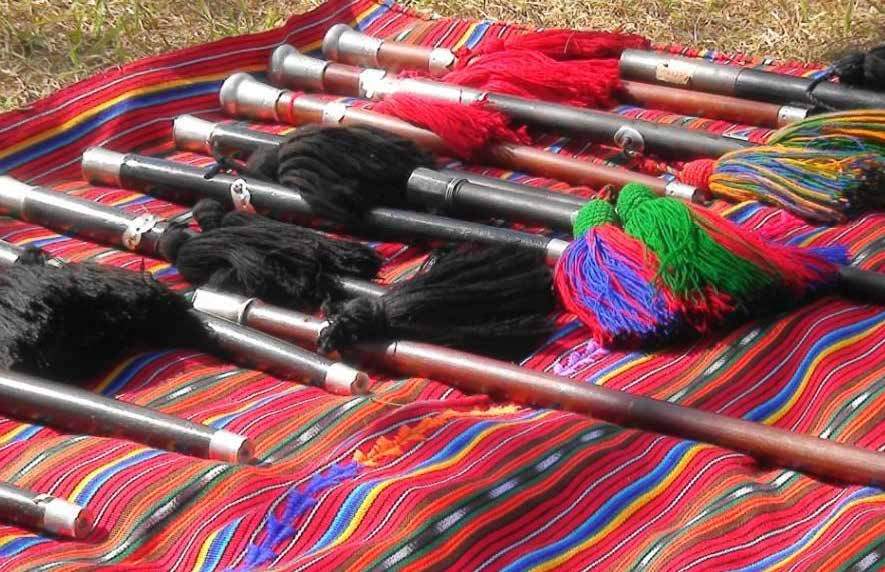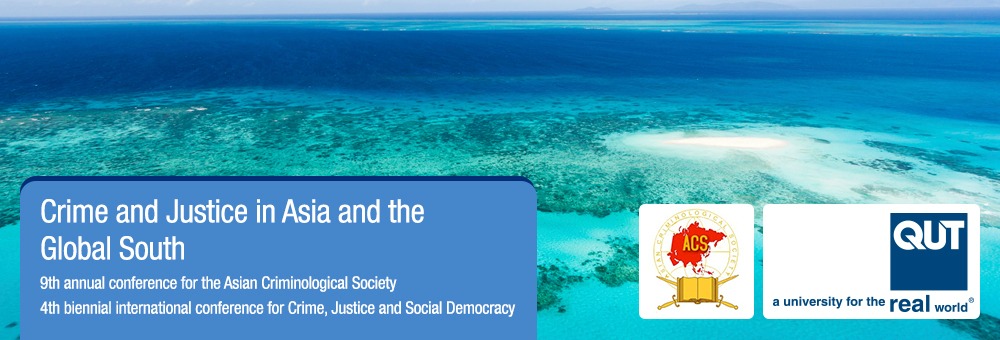In fall 2015, we created a new book series on Decoloniality, which was supported with conference panels and mini-conferences in 2015 and 2016.
We want to take this opportunity to invite book proposals from this community by officially announcing the launch of this new book series DECOLONIAL OPTIONS FOR THE SOCIAL SCIENCES. Information about the series, which is published with Lexington/Rowman, can be found at our web-site, which will also increasingly be used to publish additional content: https://decolonialsocialscience.wordpress.com/
ABOUT THE SERIES
More than being just an ‘emerging paradigm’, decoloniality is a troubling and troubled conversation that does more than just cross the boundaries of disciplines, geo-polities, time frames, cultures, and identities. Interrogating the acts and gestures of crossing borders as events that simultaneously also make borders, decolonial perspectives have opened the possibility for border thinking and border existences that challenge the social sciences at their core.
The book series seeks proposals that consider in all aspects the gesture of sociological delinking from the coloniality of power, being, knowledge and life itself. All contributions should aim to consider themselves as interventions to answer this challenge: “Projects aimed at ‘ decoloniality ,’ understood as the simultaneous and continuous processes of transformation and creation, the construction of radically distinct social imaginaries, conditions, and relations of power, knowledge.” Our main aim with series is to consider, discuss, and develop ideas and questions that represent an epistemic de-linking that challenges sociology.
A SERIES EDITED BY : Alexander I. Stingl (IAM FAU Erlangen – Nürnberg), Oyeronke Oyewumi (Stony Brook), Nicholas Rowland (Penn State), and Sabrina M. Weiss (RIT)
The series is co-supervised by an editorial advisory board, comprised of both well-established senior researchers and promising junior scholars from all over globe.
Alexander Stingl serves as corresponding editor and can be reach via email at nomadicscholarship@gmail.com
 Source: Red Multidisciplinar sobre Pueblos Indígenas
Source: Red Multidisciplinar sobre Pueblos Indígenas
